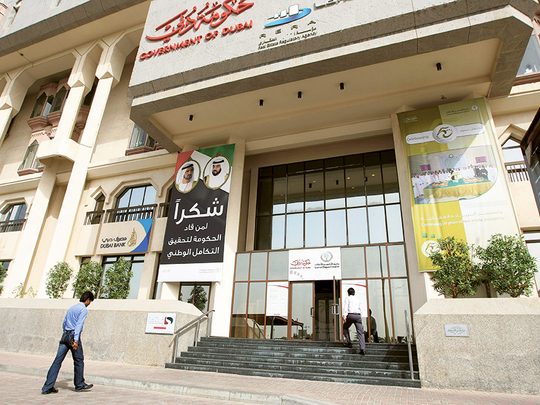
Dubai: Some tenants and landlords in Dubai are finding there’s a huge difference between “pandemic” and “COVID-19”. Especially in the way it’s used in communication between them.
“All through recent weeks, we had been trying to connect with the landlord and hoping to get some relief on rents,” said the owner of an F&B business. “But he was not willing to take the calls or even acknowledge our emails.
“And then just the other day, his office sent us an email saying the landlord’s business too was suffering from the “pandemic”.”
Now, the use of the word pandemic is what set off the legal bells-and-whistles and helped the tenant exit the lease agreement without having to pay off a penalty.
How this worked
“By legal definition, a “pandemic” is cause for a “force majeure”, the business owner said. And he’s right.
A “force majeure” is defined as a unforeseeable circumstances that prevent someone from sticking to the terms of the contract.
So, in this case, when the landlord put down in writing that a pandemic had led to his business suffering, by extension, the same would apply to the tenant’s operations as well.
Plus, in lease agreements, there is mention of the force majeure clause, whereby the contract could be terminated in such exceptional circumstances.
But COVID-19 needn’t be the same
“Now, if the landlord had just said COVID-19, it does not legally mean force majeure – so you could say we got lucky on this one,” the owner said.
The Rent Disputes Centre, part of Dubai Land Department, is hearing a slew of cases, related to either tenants trying to exit a lease because of the changes to their business or individual income status, and landlords trying to get tenants to stick to the deal.
It’s a fine line that is separating which way the judgements are passed.
What the RDC says
On lease terminations, the RDC is basing its decisions on two factors.
One, by applying the principle of "force majeure". And the second factor they are taking into account is "emergency circumstances", which, by legal definition is anything that cannot be prevented or was expected at the time the lease was done, according to a recent update provided by the law firm of Baker McKenzie Habib Al Mulla.
Mind the language
For landlords, the clear lesson is that they will need to watch what they say. And clearly, they are clear legal implications between a pandemic and COVID-19.
And as for tenants, it is about using all possible avenues to try and win some relief from their landlords, and failing that, approach the local courts and rent mediation platforms available to them.
The RDC is trying to clear whatever comes in front of them, having an initial mediation round to try and settle the differences. Much of this is happening on WhatsApp chats, involving a representative from RDC and those representing the landlord and tenant. If that mediation doesn’t work, the case is then formally placed before a judge to deliver a verdict.
There could be a lot of that through summer.








